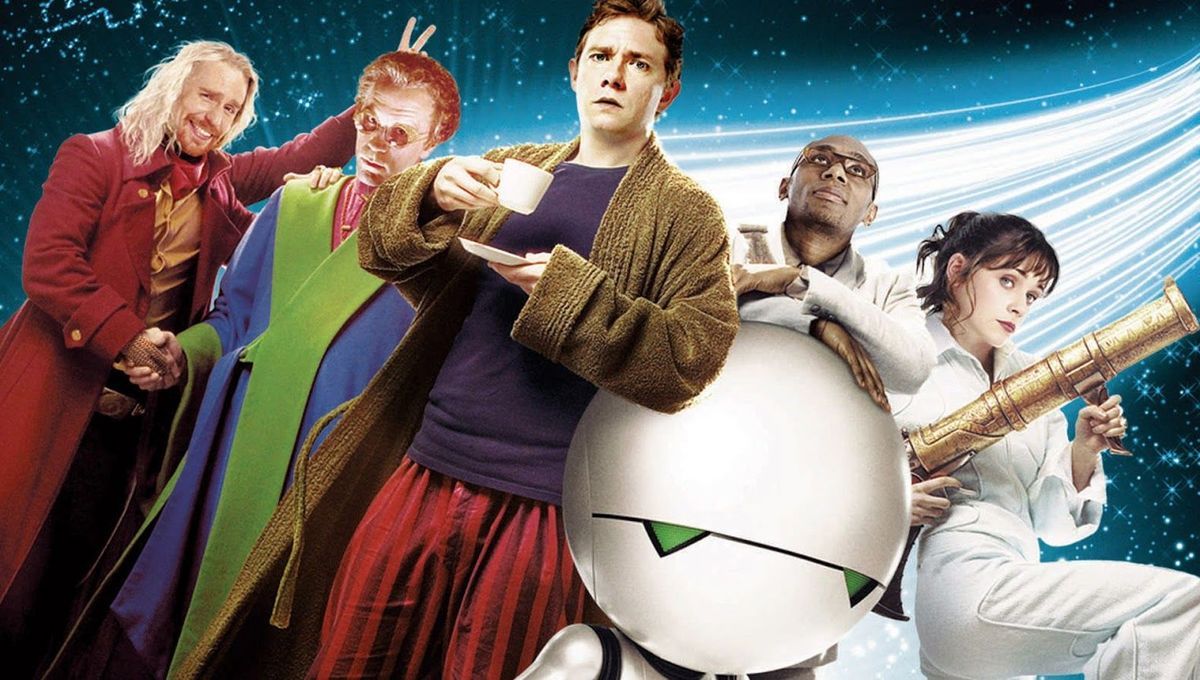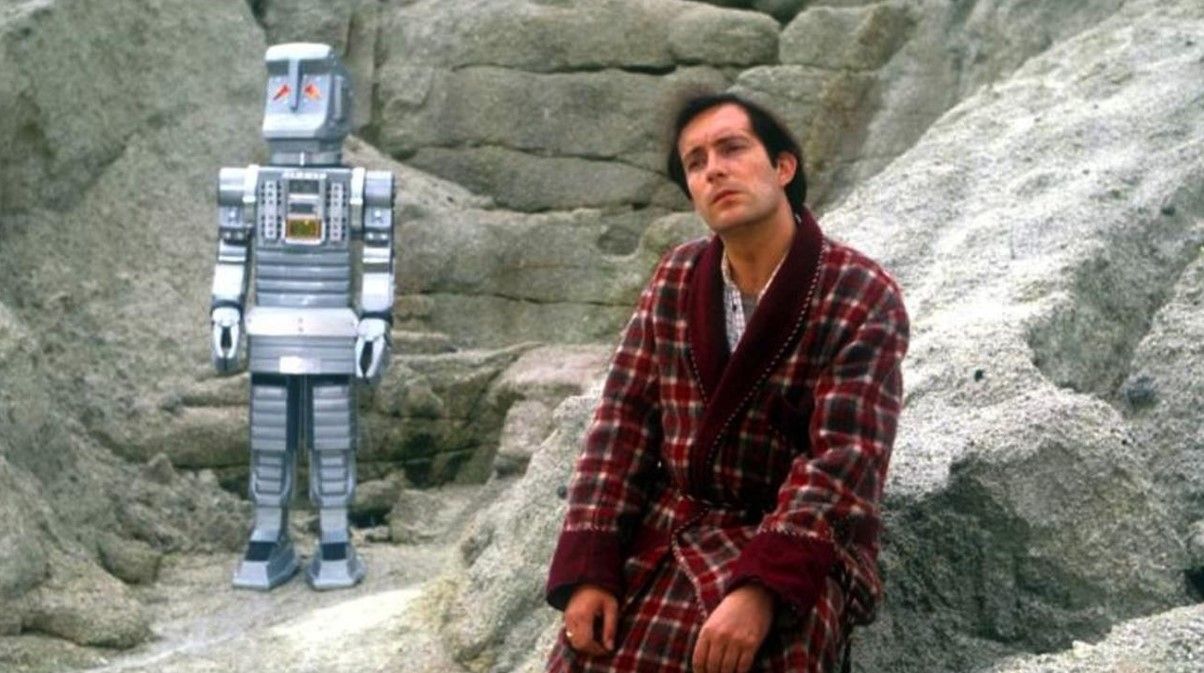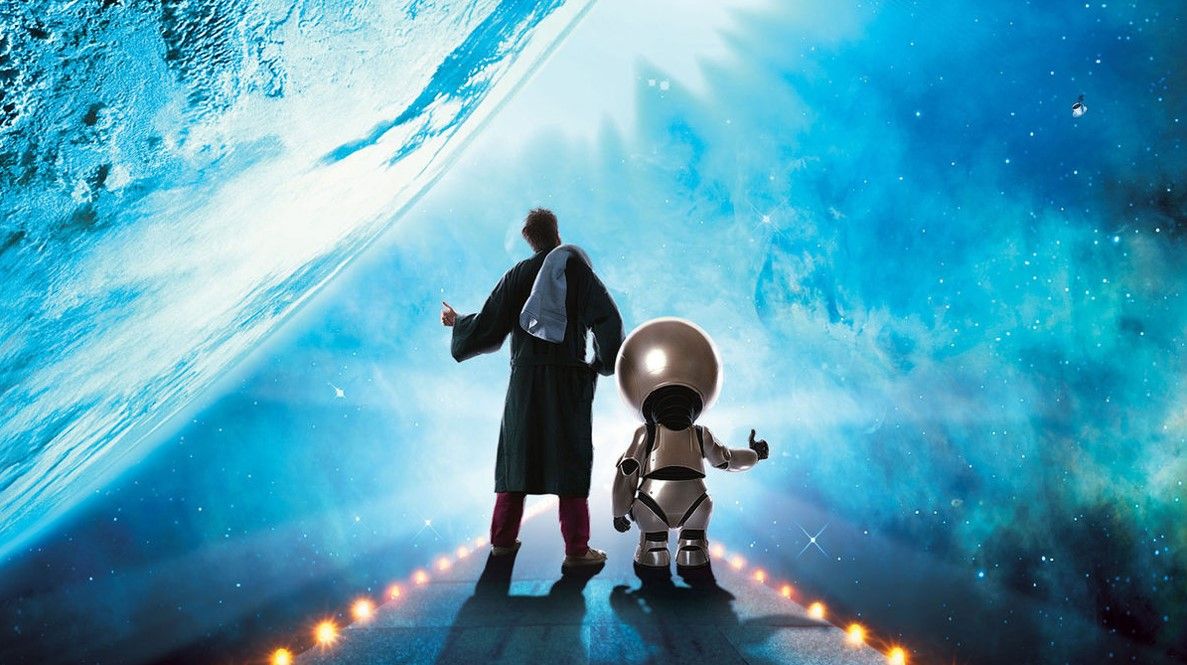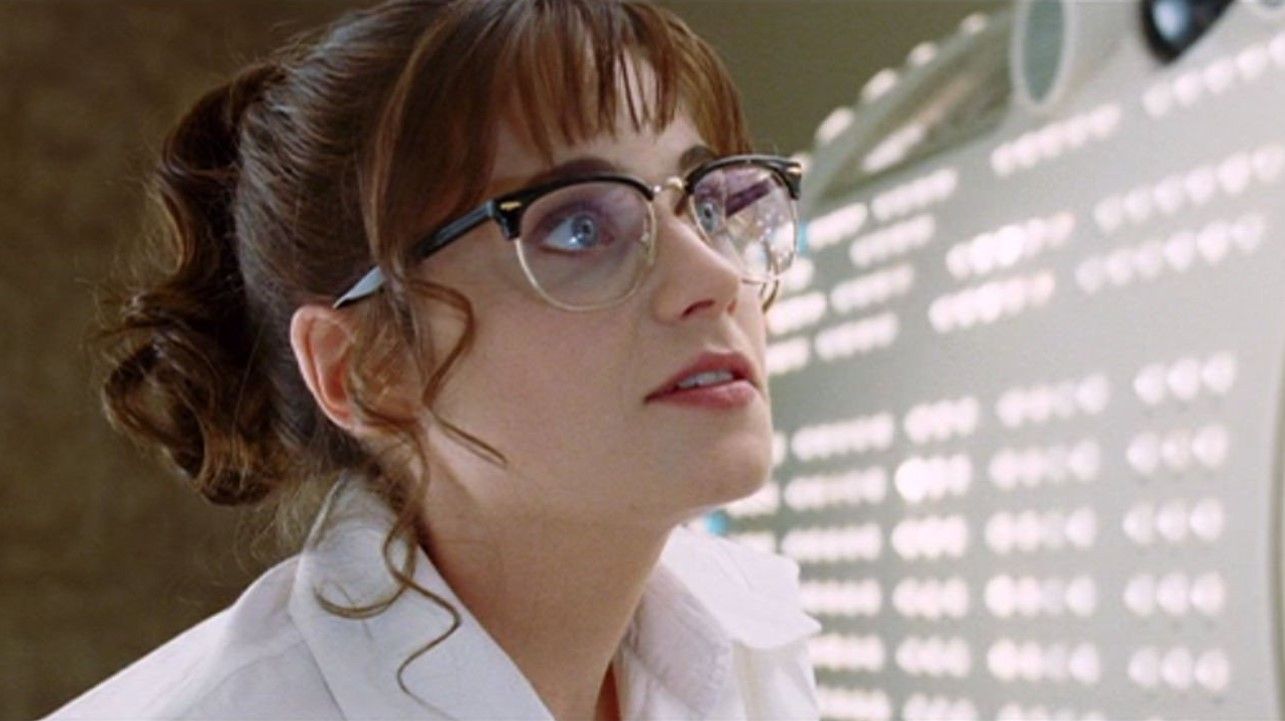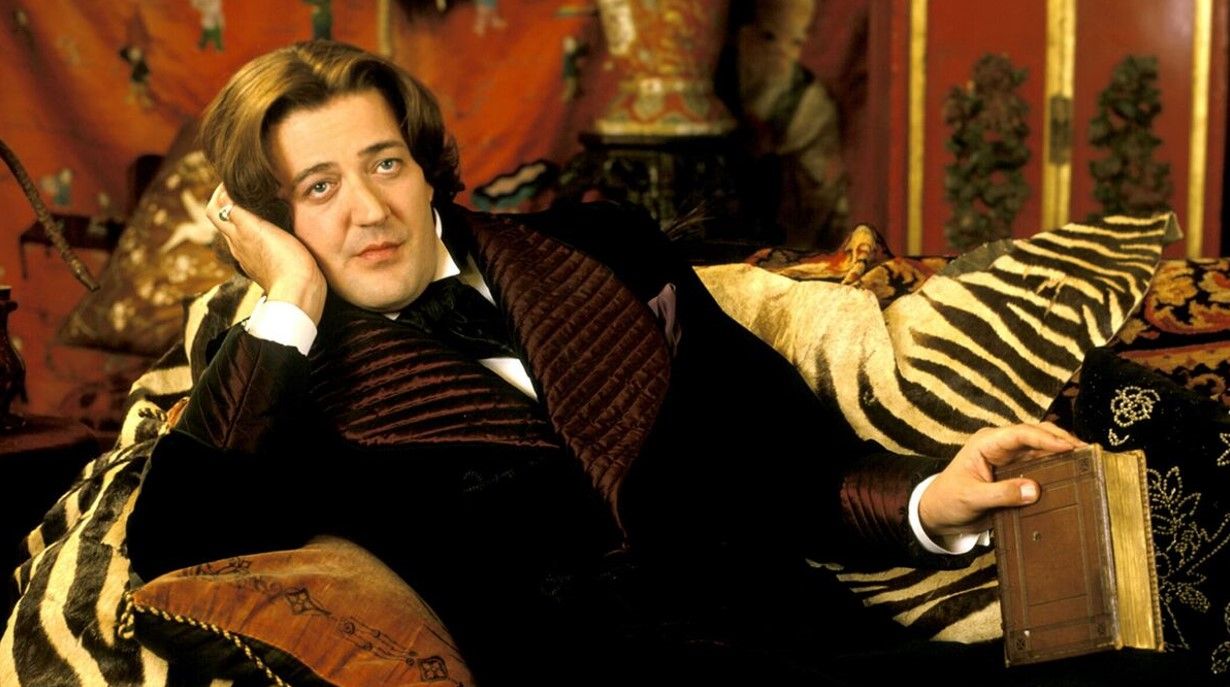Two years ago, self-respecting hitchers the world over were getting ready to grab their towels, stick out an Electronic Thumb or two, and hitch-hike their way to the stars with a remake of The Hitch-Hiker's Guide To The Galaxy.
Having first seen the light of day as a radio series on the BBC in 1978, Douglas Adams' eclectic mix of whimsy, satire, and adventure produced not one, but two iconic characters in the guise of the mild-mannered, accidental space traveler Arthur Dent, and the perennially miserable robot, Marvin the Paranoid Android. Together with seasoned hitch-hiker Ford Prefect, self-obsessed Galactic President Zaphod Beeblebrox, and Arthur's would-be girlfriend Trillian, Arthur spent five novels under Adams' watchful guise, searching for the answer to life, the universe, and everything.
However, despite a slew of best-selling novels, award-winning radio series and adaptations, and a sell-out stage show, the one area in which Hitch-Hiker's has never quite succeeded is on the big screen. A 1981 BBC adaptation garnered much praise for strong performances from Simon Jones (Downton Abbey, The Gilded Age) and guest spots from Star Wars' Dave Prowse and then-Doctor Who Peter Davison, but uneven production values and glacially slow pacing hampered the series as a whole. A 2005 film starring Martin Freeman (Sherlock, The Hobbit) as Arthur Dent, Mos Def (Monster's Ball, The Italian Job, Dexter) as Ford, and Sam Rockwell (set to star this April in animated production Bad Guys) as Zaphod represented a massive improvement in terms of visuals, but discarded much of the plot of the first book in favor of an ill-received side quest, and received mixed reviews.
Hence, the mounting anticipation over Hulu's remake. Filming had been due to start in mid-2020, with none other than Lost showrunner Carlton Cuse in the driving seat. However, the Covid-19 pandemic nixed the production schedule, and although one outlet reported that production did begin in Toronto last May, social media has been silent on the project's development since.
So, what approach will the production team take towards what has always been seen as a notoriously difficult story to film? Here are a few pointers.
Treat the Story as a Period Piece
One of the 2005 film's missteps was to update the story for a 21st-century audience – Arthur making copious use of his cellphone in the opening scenes, for instance. But Hitch-Hiker's is a period piece at heart, even if it was not written by Adams that way.
The original radio series aired at just the moment when the promise of home computing was on the point of being realized. All the cultural references to late 1970s tech – digital watches, in particular, get regular mentions – have dated terribly but speak to a pre-digital sense of wonder and fascination that typified attitudes towards the possibilities new technologies would bring. Replacing them with more up-to-date references punctures the atmosphere of naivete and charm that characterizes the material. Taking the story back into the 1970s might just do it a service.
Don't Gut the Plot
This has nothing to do with nostalgia or being precious about the source material and everything to do with its fragility. Adams was notorious for his chaotic plotting and admitted that he wrote episodically, with no idea of how he would get the characters from one situation to the next until he came to write the next installment.
This seat-of-the-pants approach inspired Adams to develop some brilliant gambits that burnished his storytelling. Faced with the problem of having to manufacture some plainly improbable method of rescuing Arthur and Ford from certain death in the vacuum of space, he devised the lampshade to end all lampshades, the Infinite Improbability Drive.
Character motivations were often non-existent, arbitrary, or guided by caprice. Yet, Adams got away with it because the situations he devised – going for a meal at the Restaurant at the End of the Universe, say, or revealing Earth to be a giant computer – were so spectacular that they carried the plot by themselves. Replacing this glorious hodge-podge with conventional plotting, as several adaptations have attempted, is tantamount to fixing something that ain't broke.
Don't Make Arthur and Trillian an Item
This perennial temptation of any would-be Hitch-Hiker's screenwriter should be avoided. While Arthur's unrequited love for Trillian gets a (very brief) mention early on in the radio series, our hero doesn't get romantic with anyone until Adams' fourth novel, So Long And Thanks For All The Fish (1984) – and even then, the love of his life is spirited away (literally) by an uncaring universe in the follow-up, Mostly Harmless (1992).
Any will-they-won't-they action involving Arthur and Trillian, while pleasing perhaps to demographic-chasing studio executives, runs the risk of turning Hitch-Hiker's into yet another rom-com.
Cast Stephen Fry as the Book
Several actors have had a bash at this tricky role, including Peter Jones and William Franklin. But Stephen Fry's turn as The Book was one of the highlights of the 2005 film. Fry's performance - by turns erudite, tinged with sang-froid, and ever so slightly perplexed - was perfect for the movie, and the producers of the remake would do well to seek him out for a second shot at the role.
Hulu hasn't stopped pushing the angle during the pandemic, streaming the 1981 BBC series. Hitch-Hiker's fans will hope that what's in store will build on the original screen adaptation and raise a venerable franchise to new heights of popularity.

